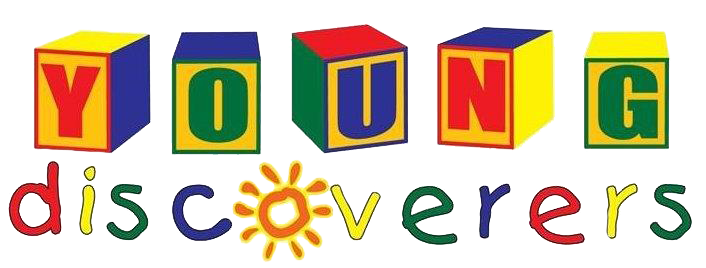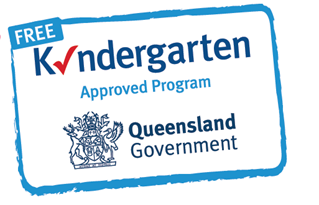A Vision for Children’s Learning through play and leisure My Time, Our Place In school age care settings educators collaborate with children to provide play and leisure opportunities that are meaningful to children and support their wellbeing, learning and development. School age care settings pay attention to the needs and interests of individual children within a context that promotes collaboration and active citizenship. Children in school age care settings have choice and control over their learning as they collaborate with educators to extend their life skills and develop dispositions towards citizenship. From before birth children are connected to family, community, culture and place. Their earliest development and learning takes place through these relationships, particularly within families, who are children’s first and most influential educators. As children participate in everyday life, they develop interests and construct their own identities and understandings of the world. As children transition to school their social worlds expand to include a wider range of relationships particularly with children of a similar age. Children’s learning in school age care settings complements their learning at home and at school. In school age care settings there is great importance placed on relationships and developing and strengthening children’s talents and interests.
Children learn to know, to do, to be, to live together and to transform oneself and society (UNESCO).
‘All children experience meaningful and joyful learning, enriching their childhood’





0 Comments